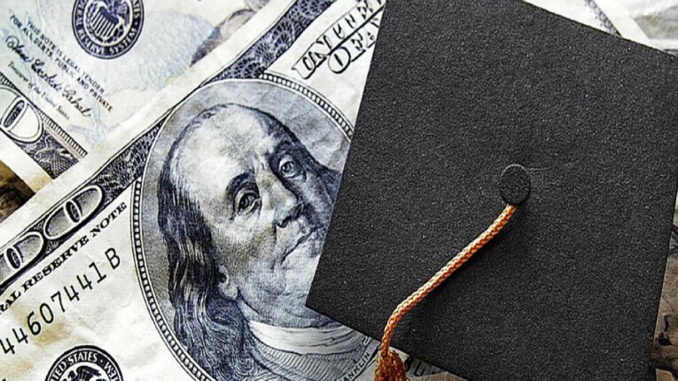
Approximately four out of 10 Americans filing for bankruptcy manage to discharge student loans, with only 0.1 percent attempting this route, as per the American Bankruptcy Law Journal.
Successfully discharging student loans through bankruptcy may lead to partial or complete relief from debt, yet success is not guaranteed.
Filing bankruptcy on student loans demands navigating a rigorous process, proving an inability to repay without severe consequences. Courts interpret eligibility using the Brunner Test or the “totality of circumstances” standard, with varying interpretations among bankruptcy courts.
Understanding your situation, considering legal assistance, filing for an adversary proceeding, deciding between Chapter 7 and Chapter 13 bankruptcy, and awaiting an outcome are key steps. Success may lead to full or partial discharge or debt restructuring, but bankruptcy has lasting effects on credit.
More details
Bankruptcy on student loans should be a last resort. Alternative solutions include federal repayment plans, deferment, forbearance, and forgiveness options.
Private loan borrowers can explore hardship programs and negotiate with lenders. Seeking assistance through income-driven repayment plans or Public Service Loan Forgiveness is advisable before venturing into the complex territory of student loan bankruptcy.
While filing bankruptcy on student loans is a possibility, thorough research into available repayment options and potential consequences is essential. The landscape of student loan debt is intricate, demanding informed decisions to navigate the path towards financial relief.
Do student loans ever get written off?
Under the Revised Pay as You Earn (REPAYE) plan, the repayment term for loans received for undergraduate study is 20 years, with forgiveness after 20 years.
For loans received for graduate or professional study, the repayment term is 25 years, with forgiveness after 25 years.
Meanwhile, eligible individuals with a principal balance under $12,000 in the SAVE plan may qualify for forgiveness in 10 years (or 120 payments). Annual updates are required to ensure payment accuracy based on financial circumstances.
